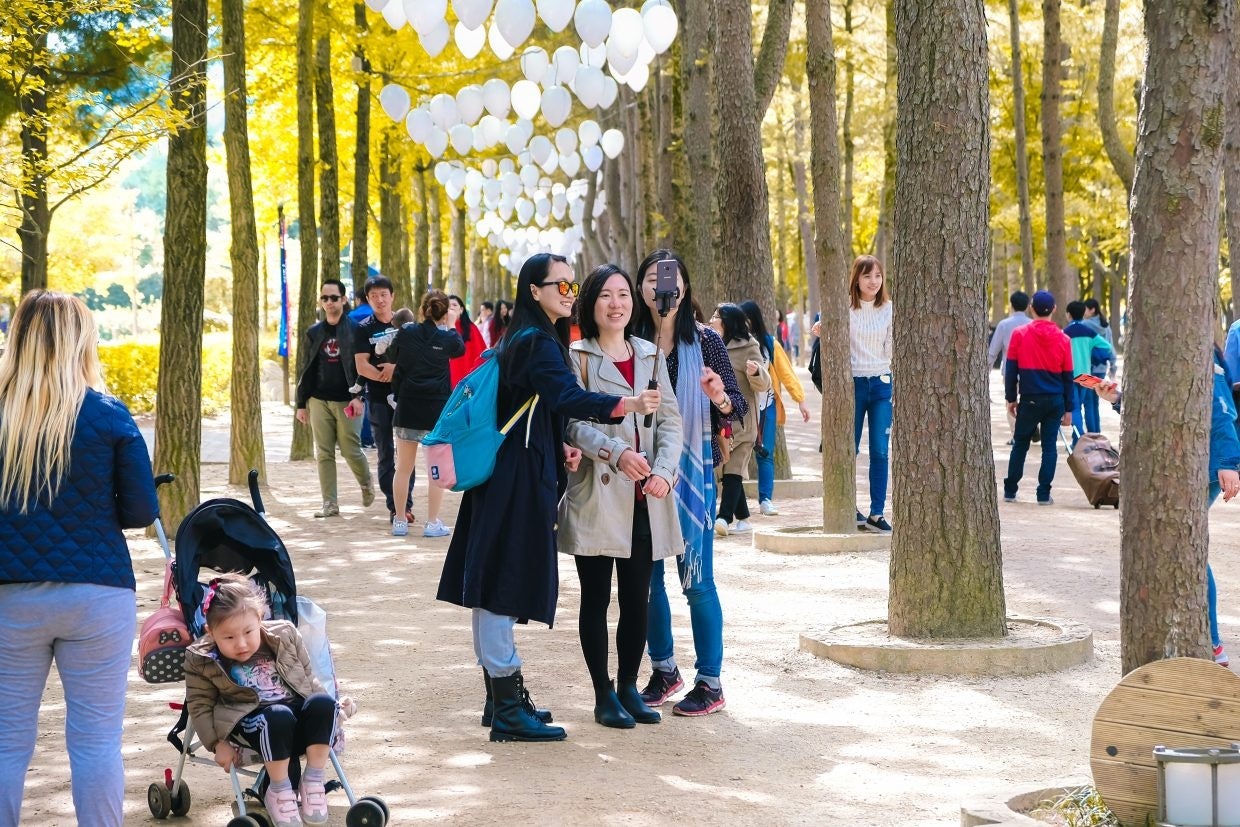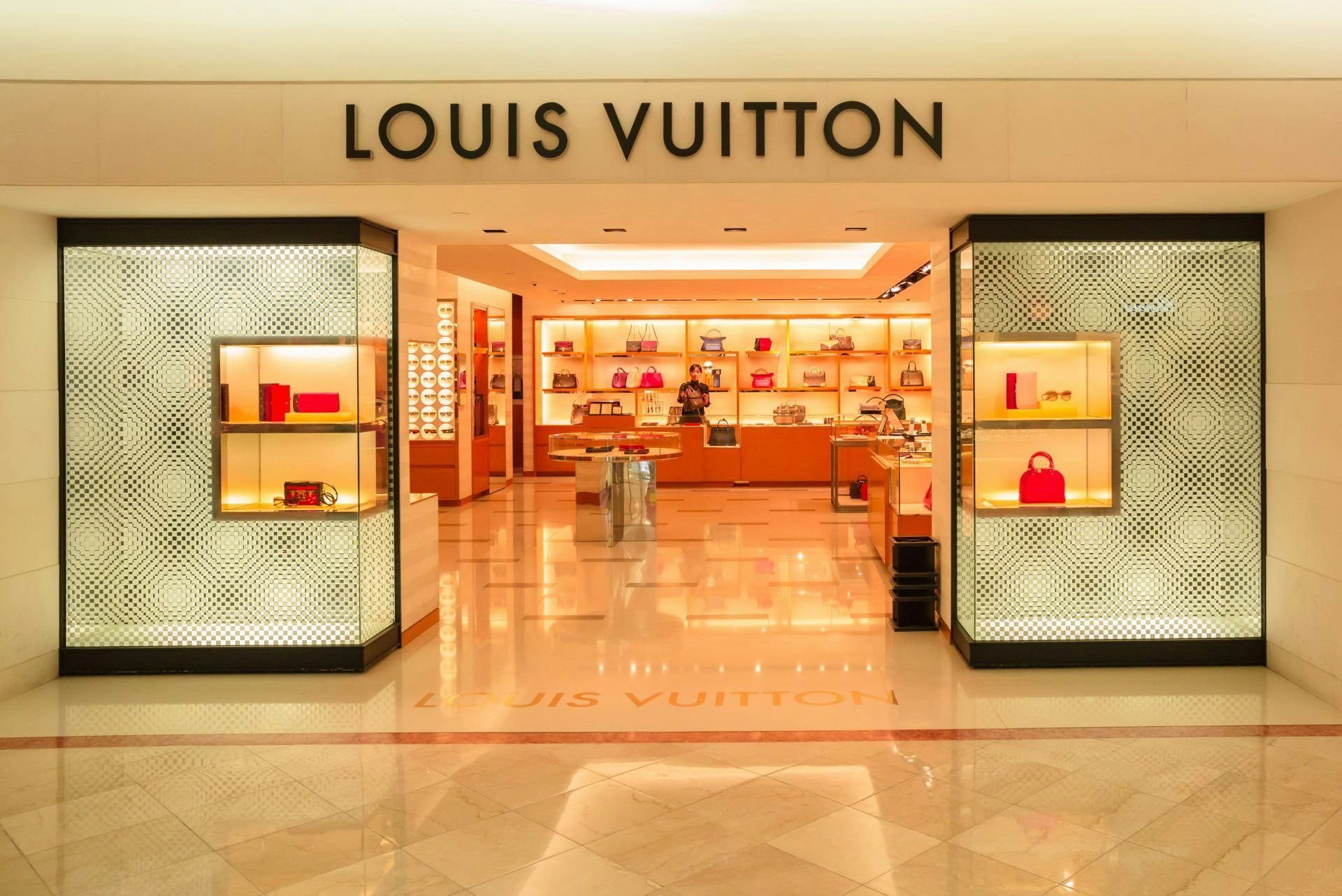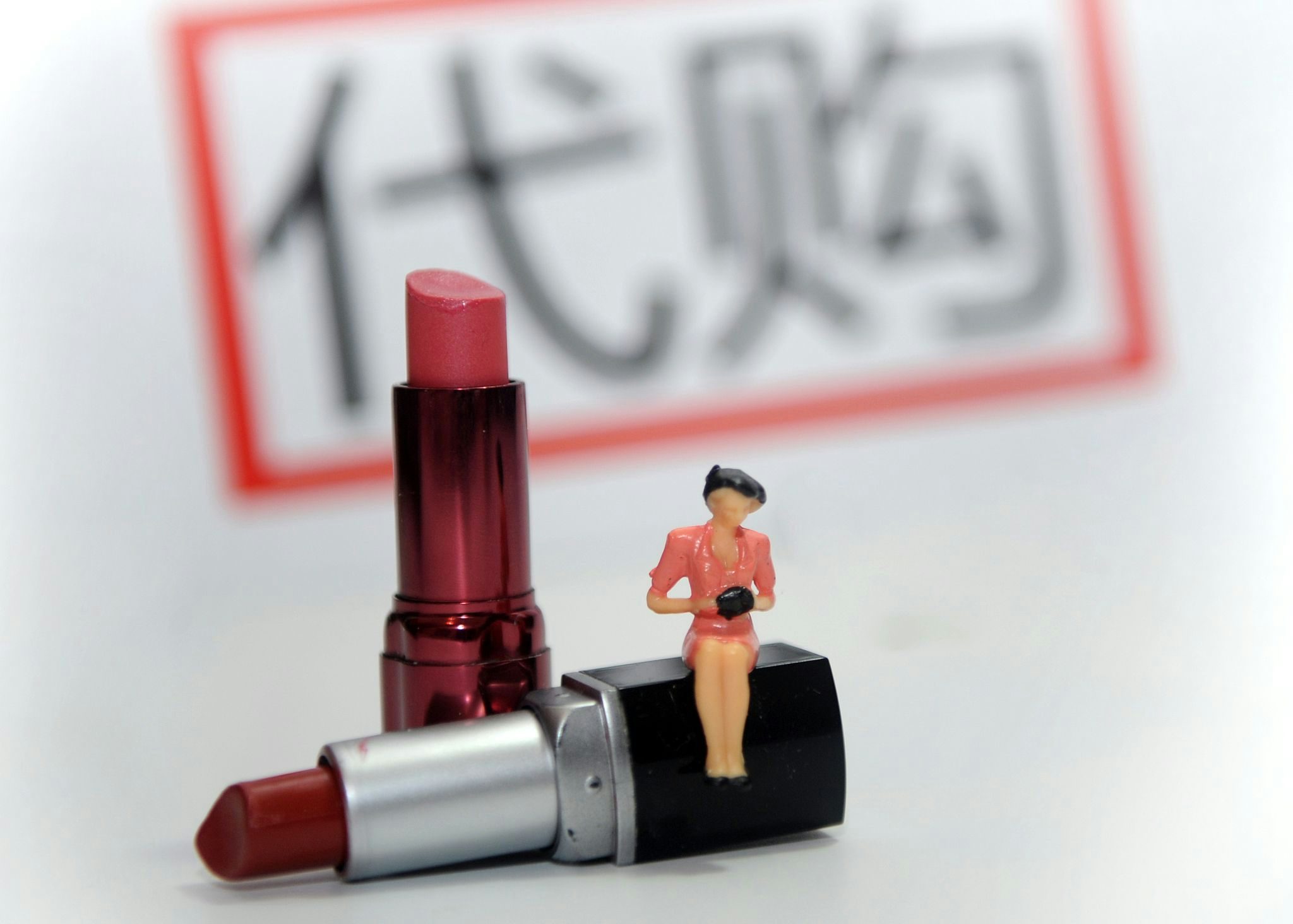Editor’s Note#
: The dispute casts a spotlight on the increasingly busy, and controversial, daigou market, which has recently been hit by Chinese government regulations and luxury brands' efforts to narrow the price difference between mainland China and overseas markets. This post originally appeared on our sister site Jing Travel.
South Korea has a long history of tourism from China, but “scandals” involving Chinese tourists have often stolen the spotlight. For example, in 2016, incidents of excessive littering at a South Korean airport and the beating of a Jeju restaurant owner and her son generated headlines and criticism. Now, a brawl between two Chinese tourists at a makeup counter in a Lotte duty-free outlet in Seoul has once again drawn attention to the complicated relationship South Korea has with Chinese tourists.
In the video, much shared and commented upon in social media, two women are shown battling on the floor, punching and kicking each other, while a man attempts to kick one of the women in the head. The incident involves an arguably ugly truth of Chinese travel in South Korea: the two primary brawlers are possibly so-called daigou buyers (purchasing agents) that are buying products in South Korea only to resell them for a profit in China, a technically illegal procedure if the proper customs duties are not paid to South Korea.
South Korea used to be one of the most popular destinations for Chinese tourists, ranking as the second-most visited destination outside China in 2016. That soon came to an end after China imposed severe travel restrictions on South Korea, effectively barring tour groups from visiting the country, and virtually cutting the number of Chinese tourists in the country in half.
The country has also seen perhaps the best and the worst of Chinese tourism. On Jeju Island, Chinese-driven over tourism has been a significant concern, and some locals even celebrated the Chinese tourism ban as it reduced congestion. At the same time, Chinese tourism has been a major boon for the South Korean economy, with Chinese consumers being important contributors to the bottom line of retail and gaming industries in the country.
And to make matters worse, Chinese tourism is believed to be a vital source of income for Pyongyang.
The latter “scandal” comes at a perhaps particularly sensitive time for Beijing as it reportedly begins lifting its ban on group travel to South Korea, something it’ll likely be inclined to do as quietly as possible. The Terminal High Altitude Area Defense (THAAD) system—the reason why China imposed a travel ban in the first place—remains deployed as South Korea didn’t bow to Chinese tourism pressure. In many ways, the reintroduction of group travel to South Korea would suggest that China failed to leverage its tourism ban to the extent that it had wished, i.e., forcing South Korea to reverse the deployment of THAAD. Instead, it helped South Korea diversify away from Chinese tourism and severely damaged relations between the two countries—and at a massive financial cost for South Korean and Chinese tourism businesses alike.
Hopefully, the apparent failure of the South Korea tourism ban will dissuade Beijing from using it as such a blunt power tool in the future.
The Seoul brawl ended up enough of a media and social media sensation in both China and South Korea to prompt the Chinese embassy in South Korea to issue a statement that urges Chinese visitors to “behave rationally” and follow local laws. It remains unclear if the Chinese individuals involved in the brawl will be added to China’s infamous tourism blacklist.
The daigou resale practice has only become more common since China’s travel ban was put into place, and is technically illegal if the purchasing agents don’t declare the products with customs in China and pay appropriate customs duty and taxes. This is something that the embassy also pointed out in its statement about the incident.
Whether Beijing really will remove its travel ban this time around remains to be seen. While such a move would be more than welcomed by South Korean retailers and tourism stakeholders, the question is whether or not it would be as appreciated by the general population. Incidents such as this week’s brawl aren’t exactly the best type of advertising for Chinese tourists.


